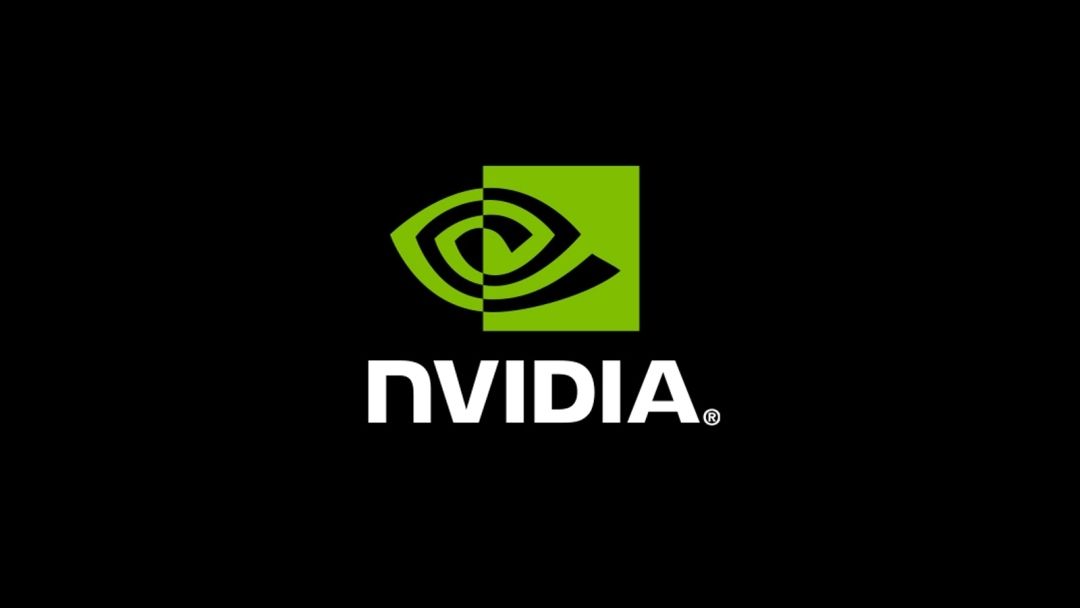
On October 9 local time, the US government finally granted Nvidia an export license, allowing it to ship advanced artificial intelligence (AI) chips worth tens of billions of dollars to the United Arab Emirates, thus officially launching the large-scale bilateral technological cooperation previously reached between the two sides. It is understood that the export license obtained by Nvidia this time is for an agreement reached between NVIDIA and the United Arab Emirates in May this year. The agreement allows the United Arab Emirates to purchase up to 500,000 advanced NVIDIA AI chips annually. Meanwhile, the UAE has committed to investing 1.4 trillion US dollars in the United States over the next ten years. It is expected that both sides will match the investment in a dollar-to-dollar manner. However, in the future, only 20% of the AI Gpus destined for the United Arab Emirates will be delivered to G42, while the majority of the rest will be managed and operated by US companies that have data centers in the UAE. However, the plan has raised doubts from opponents. Some officials and legislators believe that the agreement lacks precise safeguards and cannot ensure that NVIDIA's AI chips are only used in reviewed environments, especially considering the long-term economic cooperation ties between the United Arab Emirates and China. Some people believe that when the United States expanded its annual export limit from the previously proposed 100,000 AI chips to 500,000, it made too many concessions without tightening security obligations in return.
Nvidia has been granted an annual export license for 500,000 Gpus to the United Arab Emirates, which has had a profound impact on the technology sector. One is the impact of the technological ecosystem. The United States has tied its chip exports to the United Arab Emirates' $1.4 trillion investment, deeply integrating economic interests with strategic security. Deeply integrate economic interests with strategic security. This move aims to build a closed ecosystem of "US technical standards + ally infrastructure" in the Middle East. The licensing agreement requires that the data centers in the United Arab Emirates must be managed by US operators and equipped with real-time monitoring systems. This means that although the computing power of NVIDIA Gpus is exported to the Middle East, core links such as data flow and model training are still controlled by the United States. For instance, G42 is a 5GW data center developed by OpenAI. Its operating environment needs to comply with US safety standards, forming a closed loop where "hardware operates under US supervision". Meanwhile, other countries have reduced their reliance on high-end chips through open-source models. Models like DeepSeek approach closed-source models in inference efficiency and can run on consumer-grade Gpus. This path of "light hardware, heavy algorithms" may weaken the United States' ability to control the technological ecosystem through chip exports.
The second is the impact on the landscape of the technology industry. The 5GW data center planned to be built in the United Arab Emirates will become one of the world's largest AI data centers, supporting projects such as OpenAI, and its computing power is expected to exceed that of all countries outside the United States. This may support the United Arab Emirates in forming technological monopolies in computing capabilities in fields such as healthcare, energy, AI model training, natural language processing, and computer vision, promoting it to become the AI technology center of the Middle East and facilitating its transformation from an oil economy to a technology economy. Meanwhile, the German industrial sector has warned that due to the chip ban, Europe could lose 40 billion euros in output value by 2027. The case of the United Arab Emirates further exposes Europe's passive position in AI infrastructure: it is unable to obtain high-end chips from the United States and also finds it difficult to replicate the flexibility of China's open-source ecosystem.
Thirdly, regarding the security impact on the technology sector, the United States has expanded its annual export quota from 100,000 to 500,000, but has not strengthened its security obligations accordingly. Opponents argue that the United Arab Emirates has long maintained economic ties with China and may indirectly export technology through re-export trade or data cooperation. The subsequent issuance of NVIDIA's licenses will depend on the progress of its investment in the United Arab Emirates. If investment fails to meet expectations, the United States may tighten its export scale, creating a dynamic balance of "investment for technology". This uncertainty will affect the long-term planning of the UAE's AI strategy.
The implementation of NVIDIA's large-scale GPU export license to the United Arab Emirates is like dropping a bombshell in the field of technology, with wide-ranging and far-reaching impacts. At the same time, this measure has also brought about new challenges in terms of security and regulation. Loopholes in export control and the uncertainty of future licensing deserve continuous attention. In the current context of increasingly fierce global technological competition, all parties need to respond proactively in order to seize the development opportunities in this transformation.

On January 4th local time, Trump warned India that if it does not limit its purchase of Russian oil, the United States will continue to raise tariffs on Indian products. Trump's latest warning sent shockwaves through the Indian financial market in just one day.
On January 4th local time, Trump warned India that if it do…
In October 2025, the US trade deficit narrowed unexpectedly…
According to the British media CoinJournal, recently, due t…
In January 2026, US President Trump once again set his sigh…
Europe is facing a crucial strategic choice: In the face of…
On New Year's Day 2026, BMW China announced a "systematic v…